When Wycliffe Wafula Wangamati, former governor of Bungoma County, walked into the Ethics and Anti‑Corruption Commission (EACC) Integrity Centre in Nairobi at about 8:00 a.m. on 1 September 2025, the nation watched a familiar drama unfold.
Accompanied by a team of lawyers, Wangamati was there on a summons to answer four conflict‑of‑interest counts that allegedly involve KES 31.8 million in kickbacks from construction firms that won county contracts between 2020 and 2021. The case, which also drags in his brothers and a senior construction company, has quickly become a litmus test for Kenya’s anti‑graft push ahead of the 2027 elections.
Background to the Investigation
The EACC’s crackdown began in earnest after Abdi Mohamud, the commission’s chief executive, announced in an August 29 2025 statement that the agency had secured consent from Renson Ingonga, Director of Public Prosecutions, to charge Wangamati and eleven associates. The statement listed several companies under scrutiny, most notably Nabwala Construction Limited, a firm owned by Wangamati’s brothers Michael Simiyu Wangamati and Edward Barasa Wangamati.
The alleged scheme centers on road‑maintenance contracts for the Chebus–Kimama Road, several streets in East Sangalo Ward, and the Minata–Malaha Road. According to court filings, Nabwala acted as a conduit, funneling KES 10.5 million to the former governor between May 2020 and June 2021.
Charges and Alleged Kickbacks
- Four counts of conflict of interest, each tied to specific procurement contracts.
- Money‑laundering allegations for the alleged KES 31.8 million flow.
- Unlawful acquisition of public property linked to land parcels earmarked for the road projects.
- Acquisition of proceeds of crime, a charge that carries up to 20 years behind bars.
The prosecution claims the former governor leveraged his position to direct county funds to companies he or his relatives owned, then pocketed the surplus. "The evidence shows a clear pattern of self‑dealing," the lead prosecutor told reporters, citing bank statements, tender award letters and internal memos.
Court Proceedings and Plea
On Tuesday, 2 September 2025, Milimani Anti‑Corruption Court, Wangamati faced Principal Magistrate Zipporah Gichana. After a brief hearing, he entered a not‑guilty plea on all counts.
“This is a politically motivated witch‑hunt designed to sideline me from the 2027 race,” Wangamati said, his voice steady despite the buzz of cameras. His legal counsel, John Otieno, added that the case rests on “circumstantial evidence” and that the defense will expose procedural lapses in the EACC’s investigation.
While the former governor was transferred to Kilimani Police Station for overnight custody, the court granted the ODPP a 30‑day window to submit additional evidence, signaling that the legal battle is just beginning.
Political Reactions and Implications
Across the political spectrum, the case has ignited sharp commentary. Opposition leader William Ruto lauded the EACC’s “unflinching resolve,” while the former governor’s ally, former deputy governor Grace Ochieng, warned that “the anti‑graft agenda is being weaponised against genuine reformers.”
The ripple effect reached another county on the same day: Hillary Barchok, governor of Bomet, was also summoned on similar conflict‑of‑interest allegations involving a separate construction firm, Chemasus Construction Limited. Both governors were detained overnight, underscoring the commission’s broader crackdown on county leaders.
Analysts note that the EACC has already referred 82 cases to the ODPP, four of which involve sitting governors. “If the commission can sustain this momentum, we may see a new era of accountability,” says political scientist Dr. Naomi Njoroge of the University of Nairobi.
What Comes Next?
The next court date is slated for 2 October 2025, when the prosecution must present the additional evidence promised by the magistrate. Meanwhile, the EACC says it will continue probing the 11 former governors it has flagged, a move that could reshape Kenya’s political landscape ahead of the 2027 general elections.
For voters in Bungoma, the case is a reminder that the battle over public resources is far from over. Whether the charges stick may hinge on forensic accounting, witness testimony, and the political will of both the courts and the electorate.
Frequently Asked Questions
How does the alleged KES 31.8 million kickback affect Bungoma residents?
If proven, the diversion of funds meant for road repairs means poorer infrastructure, longer travel times, and higher vehicle maintenance costs for locals. The money could have been used to upgrade schools or health centres, so the alleged loss hits daily life directly.
What legal options does Wangamati have after pleading not guilty?
He can challenge the admissibility of the prosecution’s evidence, request the dismissal of charges on procedural grounds, or negotiate a plea bargain if the case weakens. The defense will also likely file motions to suppress any improperly obtained documents.
Why were other governors, like Hillary Barchok, arrested on the same day?
The EACC’s investigation uncovered similar patterns of contract awards to firms with close ties to the officials. By moving simultaneously, the commission aims to prevent evidence tampering and signal a zero‑tolerance stance toward county‑level corruption.
What impact could this case have on the 2027 elections?
A conviction could bar Wangamati from running, reshaping the race in Bungoma. Even without a conviction, the publicity may sway voter sentiment, encouraging stricter vetting of candidates across Kenya.
What precedent does this set for future anti‑corruption efforts?
If the courts uphold the charges, it reinforces the EACC’s authority and could deter similar abuse of procurement processes. Conversely, a dismissal might embolden officials to resist scrutiny, highlighting the importance of robust, evidence‑based prosecutions.

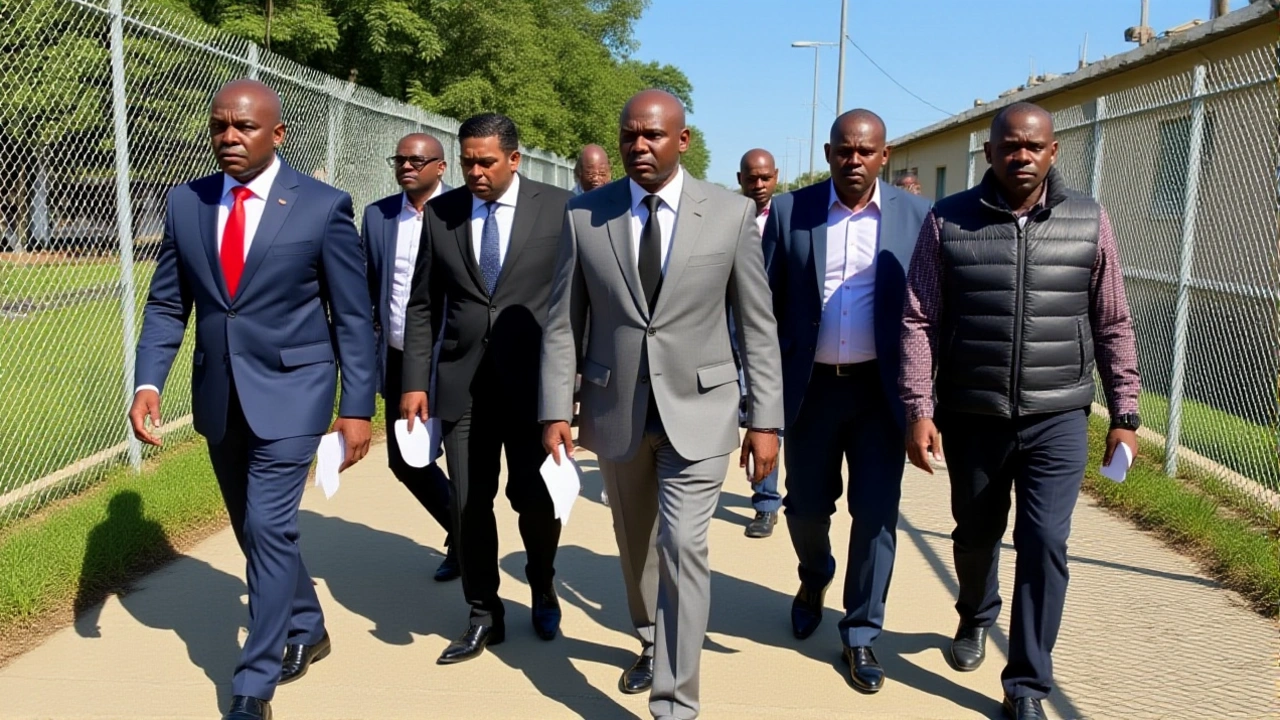
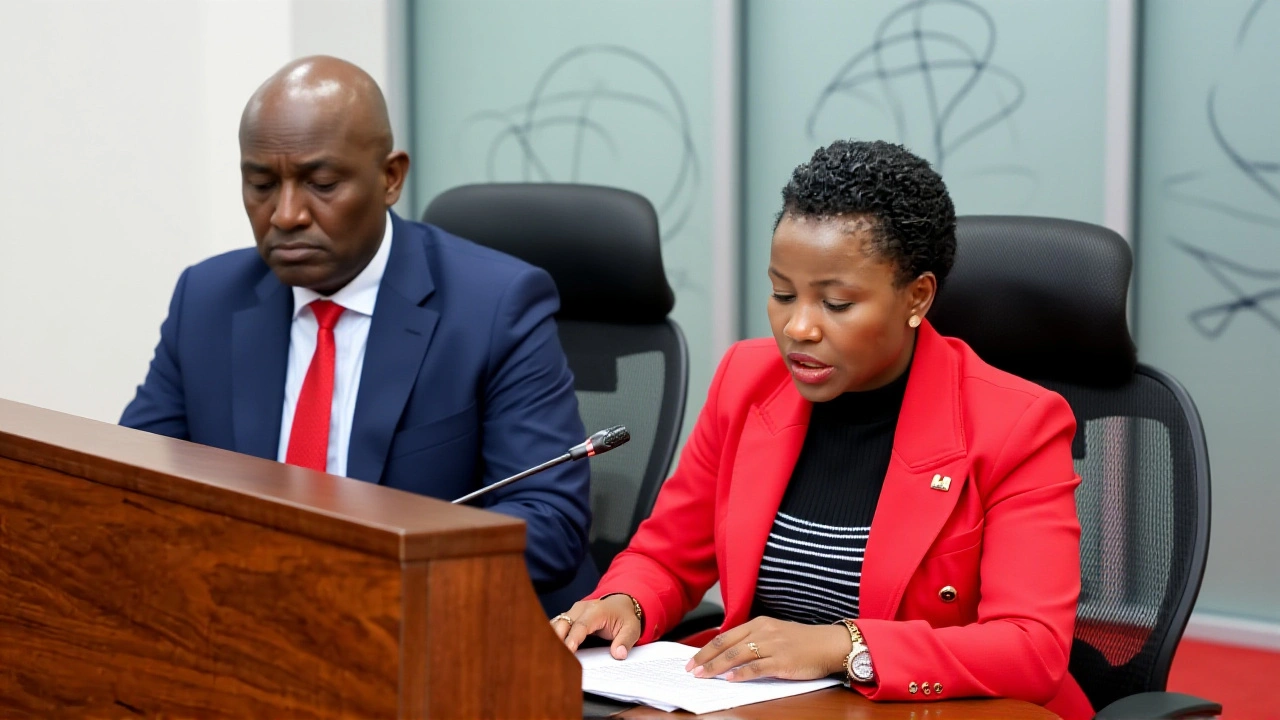

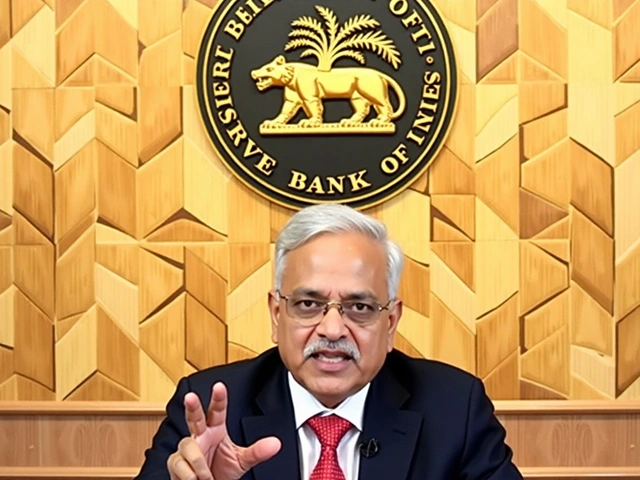
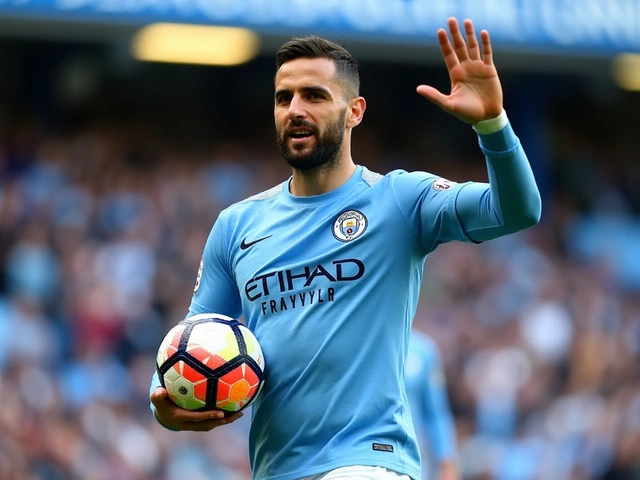
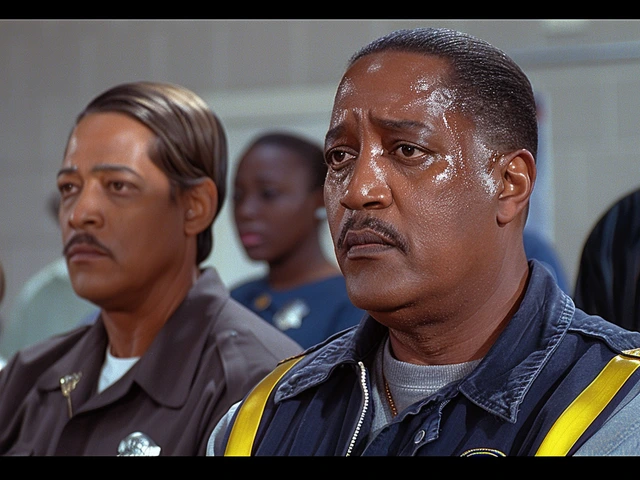
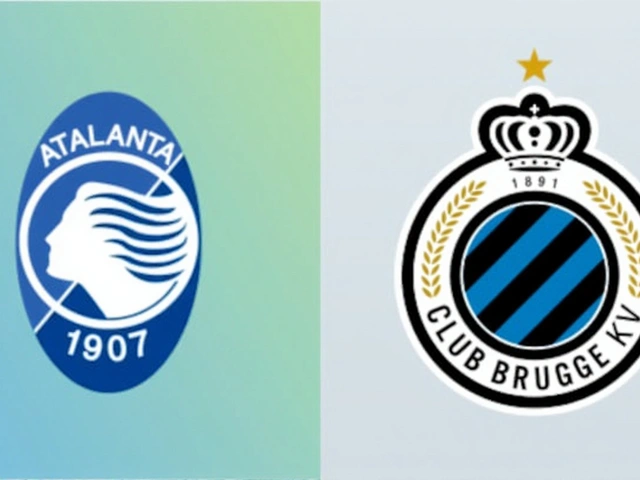
Arundhati Barman Roy
October 21, 2025 AT 21:28It is evident that the indictment drags on, and the procedurla delays may undermine public trust in the legal process.
yogesh jassal
October 26, 2025 AT 11:35When you look at the bigger picture, the whole drama feels like a rehearsal for the next election cycle. It's almost comical how quickly the narrative shifts from "devastating corruption" to "political witch‑hunt." Yet, perhaps this is the very lesson we need: power always seeks to outmaneuver accountability. If the prosecutors truly have ironclad evidence, why the theatrical headlines? Maybe the real battle is over public perception, not just legal verdicts.
Raj Chumi
October 31, 2025 AT 02:42Man the whole thing feels like a soap opera courtroom scene everyone’s tuned into. No pauses no calm breaks just nonstop drama
mohit singhal
November 4, 2025 AT 17:48The nation cannot stand idle while a former governor allegedly siphons millions from public coffers 😡🚩. This is not just a local scandal; it’s a direct affront to our sovereignty and pride. If we let such graft slide, we betray every Kenyan who built this country with sweat. The EACC must strike hard, and the courts must deliver swift justice – no exceptions. 🇰🇪💪
pradeep sathe
November 9, 2025 AT 08:55Corruption hurts every citizen.
ARIJIT MANDAL
November 14, 2025 AT 00:02Facts: the evidence is on paper, the law is clear, the verdict will follow.
Bikkey Munda
November 18, 2025 AT 15:08For anyone trying to understand the significance of this case, here are some basics. First, the amount involved – KES 31.8 million – is not a trivial sum, especially for a county with limited resources. Second, the alleged kickbacks were tied to specific road‑maintenance contracts, meaning the public infrastructure suffered directly. Third, the legal process includes a not‑guilty plea, which obliges the prosecution to present solid proof beyond mere suspicion. Fourth, the court has allowed a 30‑day window for additional evidence, indicating that the case is still evolving. Fifth, past precedent shows that conflict‑of‑interest convictions can lead to disqualification from future elections. Sixth, the EACC’s recent surge in prosecutions suggests a broader anti‑graft strategy ahead of the 2027 polls. Seventh, the involvement of family members and related firms adds a layer of complexity often seen in nepotistic schemes. Eighth, forensic accounting will likely be a key tool to trace the money trail. Ninth, witness testimony, if credible, could make or break the prosecution’s narrative. Tenth, public opinion in Bungoma may shift depending on how transparently the trial is reported. Eleventh, other governors, like the one from Bomet, face similar charges, pointing to a systemic issue. Twelfth, the political elite often label such investigations as “witch hunts,” which can polarize voters. Thirteenth, the legal community is watching closely, as the outcome may set a benchmark for future cases. Fourteenth, the media’s role in covering the proceedings influences the perception of justice. Fifteenth, regardless of the verdict, the case underscores the importance of strong institutional checks on power.
Aishwarya R
November 23, 2025 AT 06:15Let’s be clear the facts are already laid out the paperwork shows the connections plainly and the drama only distracts from the real issue at hand.
Vaidehi Sharma
November 27, 2025 AT 21:22Honestly, the whole thing feels like a TV series – you can’t stop watching! 😅📺
Ria Dewan
December 2, 2025 AT 12:28If we consider the philosophical angle, the accusation of graft is merely a mirror reflecting societal values – or the lack thereof. One could argue the real crime is the collective apathy that permits such deeds.
rishabh agarwal
December 7, 2025 AT 03:35That perspective aligns with the broader need for civic engagement. When citizens stay informed and demand transparency, cases like this become catalysts for reform rather than just headlines.
Apurva Pandya
December 11, 2025 AT 18:42We must uphold moral integrity in public office – corruption is a betrayal of trust. 🙏✨
Nishtha Sood
December 16, 2025 AT 09:48Let’s keep hope alive that the truth will surface and justice will prevail. Every step toward accountability brings us closer to a brighter future for Bungoma and the whole nation.
Hiren Patel
December 21, 2025 AT 00:55The narrative is a kaleidoscope of ambition, deception, and the relentless chase for power – a vivid reminder that governance demands both vigilance and virtue.
Heena Shaikh
December 25, 2025 AT 16:02Such poetic phrasing masks the harsh reality: when leaders prioritize self‑interest, the social contract disintegrates, and the populace bears the cost.
Chandra Soni
December 30, 2025 AT 07:08Strategic alignment of anti‑corruption frameworks with stakeholder engagement can accelerate systemic transformation; leveraging data‑driven insights will empower oversight bodies to enact robust governance reforms.
Kanhaiya Singh
January 3, 2026 AT 22:15In accordance with judicial protocol, the court’s decision will hinge upon evidentiary standards, and any deviation could undermine the rule of law.
prabin khadgi
January 8, 2026 AT 13:22Given the established legal framework, might we inquire whether the prosecution has fulfilled its burden of proof regarding the alleged financial transfers and contractual irregularities?
Aman Saifi
January 13, 2026 AT 04:28Balancing rigorous investigation with fair trial rights remains essential; both the public’s demand for accountability and the defendant’s legal protections must be respected.